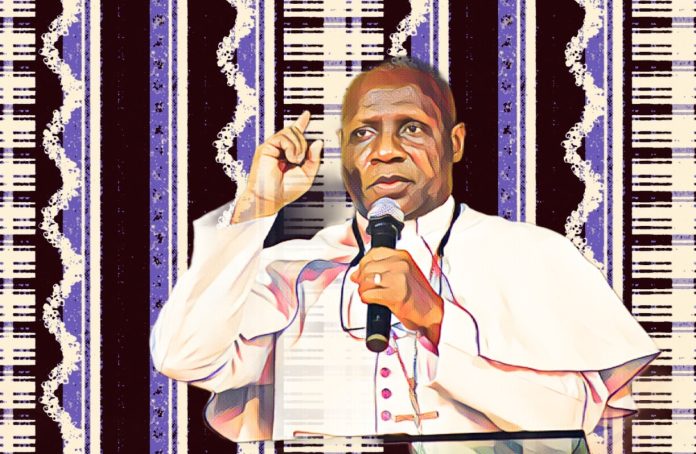Key Points
- CAN warns that attacks on Christian communities continue across northern Nigeria.
- Okoh urges the government to restore security and deliver justice.
- Plateau leaders pledge support for rebuilding and resettlement efforts.
The Christian Association of Nigeria renewed its warning that Christian communities across the north and the Middle Belt face what it describes as a deliberate campaign of killings and displacement.
The group urged both national and international action to address growing insecurity. In many communities, fear has grown as attacks continue.
Okoh Opens National Council Meeting
CAN President Archbishop Daniel Okoh made the comment at the opening of the association’s Fourth Quarterly National Executive Council meeting in Jos.
Senior church leaders from across the country attended the session, and the Plateau State government hosted the gathering. The meeting drew wide interest because of rising concerns about safety.
Okoh told the gathering that the pattern of attacks had become too clear to ignore. He listed targeted killings, the destruction of villages and the forced movement of Christian residents as part of what he called a long running threat. He added that many communities now struggle to recover.
During a recent visit to Bokkos, he met families who remain displaced after repeated assaults. That visit revealed deep physical and emotional wounds across the community. It also showed how determined the victims remain despite their losses.
Lack of Justice
Okoh stressed that many villages have been flattened without any form of justice. Attackers continue to move freely while survivors wait for compensation and resettlement. As a result, the long stay of displaced people in camps has become a national concern.
He noted that international bodies have begun to pay attention to Nigeria’s religious violence.
This growing interest, he explained, may help push the government toward stronger action. CAN, he added, will support any effort that brings relief to affected communities.
Okoh urged the federal government to stop what he called the ongoing destruction of lives, restore security and deliver justice to affected families.
Thousands of people remain in camps, and he warned that they cannot continue to live there without a clear plan.
He described the situation as a humanitarian crisis that needs a firm and coordinated response.
Plateau Government Responds
Plateau State Governor Caleb Mutfwang, represented by his deputy Josephine Piyo, addressed the meeting and noted the importance of hosting it in a state that has experienced repeated waves of conflict.
He restated his administration’s commitment to restore peace, secure rural areas and resettle displaced residents. He also thanked CAN for its steady engagement.
Mutfwang praised CAN for its advocacy and guidance during difficult moments. He described the church as a strong partner in rebuilding trust and repairing broken communities.
He added that Nigeria needs faith leaders who can promote unity, justice and reconciliation.
The governor expressed hope that the council’s deliberations would strengthen cooperation among religious leaders.
He said better collaboration could help improve responses to insecurity across the country.



